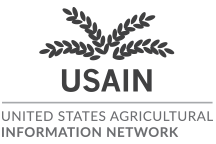Our Partners
Academic Initiatives and Integrity
The Libraries collaborate with the U of A office of Academic Initiatives and Integrity by providing training on academic honesty and proper attribution.
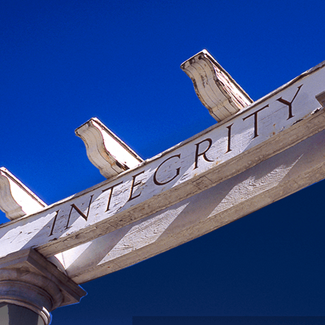
AgNIC
AgNIC, the Agriculture Network Information Center, is a partnership of the National Agricultural Library, land-grant universities, and other research institutions. AgNIC seeks to collect and provide ready access to freely available, reputable information sources on aspects of agriculture, fisheries, forests, food, agricultural law, and the environment.
AgNIC also participates, with the United States Agricultural Information Network (USAIN), and the Center for Research Libraries (CRL, listed below) in an ongoing program to provide digital access to historical and current publications related to United States and world agriculture, known as Project Ceres. Digitization project awards are funded via a competitive application process through CRL. The University Libraries has received awards for several projects, including Arkansas Extension Circulars, Arkansas Extension Bulletins, Annual Reports, Miscellanous Publications, and Mimeograph Series.
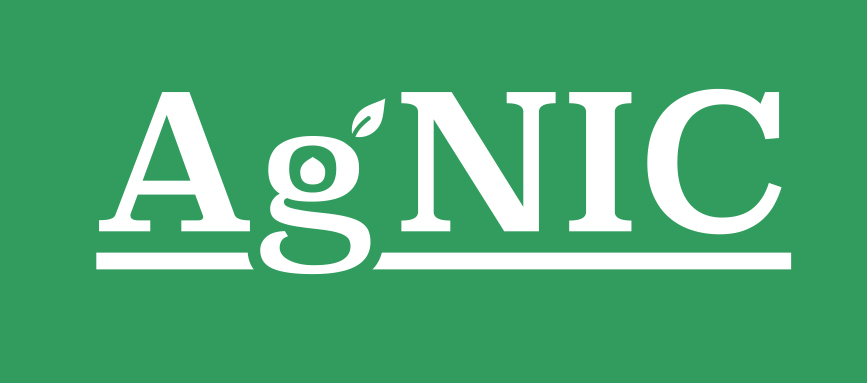
Arkansas Academy of Science
The Arkansas Academy of Science began meeting in 1917 as a group of scientists wishing to establish regular avenues of communication with one another and promote science and the dissemination of scientific information in the state. The major publication of the Academy is the Journal of the Arkansas Academy of Science (1997 - ) and, previously, the Proceedings of the Arkansas Academy of Science (1941-1996). Through an exchange program, abstracting services and special subscriptions, the Journal is distributed to approximately 30 of our 50 states and 25 foreign countries.
The University of Arkansas Libraries have partnered with the Academy to make all volumes of the Journal and Proceedings available online through ScholarWorks.

Arkansas Black Lawyers
Law professor Judith Kilpatrick developed this site as part of her research on Wiley A. Branton, a graduate of the University of Arkansas who devoted his life to civil rights work. Arkansas Black Lawyers lists biographical information on almost 100 individuals who were admitted to practice law in the State of Arkansas before 1950, when Branton began to study law at the University of Arkansas in Fayetteville. Professor Kilpatrick, though now retired, continues to add new details and new names.
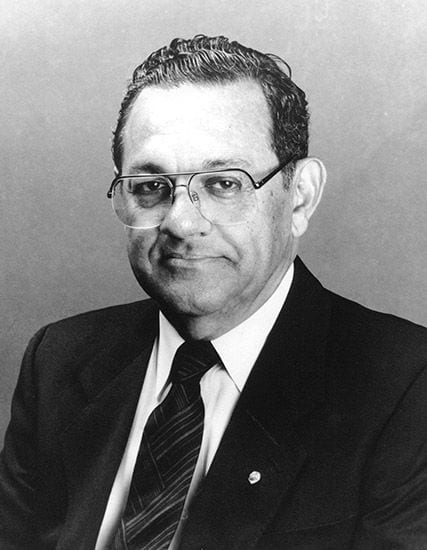
Arkansas Folk and Traditional Arts
Arkansas Folk and Traditional Arts (AFTA) is a statewide program of the University of Arkansas Libraries, working in partnership with Arkansas stakeholder organizations and individuals, including the Arkansas Arts Council and Arkansas State University. AFTA is dedicated to building cross-cultural understanding by documenting, presenting, and sustaining Arkansas' living traditional arts and cultural heritage.

Arkansas Historical Association
As part of the Index Arkansas project, the Libraries have posted the cumulative index to volumes 1-59 (1942-2000) of the Arkansas Historical Quarterly, the scholarly journal covering all aspects of the state's history and culture.
AHQ articles are also included in the Index Arkansas database, which indexes articles published from 1942 to the present.

ARKLink
The ARKLink consortium consists of 47 two- and four-year college and university libraries in the state and includes both public and private institutions. Founded in 1998, ARKLink has cooperated to create new services and to purchase new collections for students and faculty at member institutions.
One of the most successful programs has been the ARKLink card, a referral system that allows students at participating institutions to check out materials from other ARKLink libraries. Important research databases such as PsycINFO, CINAHL, the MLA International Bibliography, and Historical Abstracts are purchased cooperatively for the best possible vendor discounts.
UA librarians participate in its work as officers, committee chairs, and members.

arXiv
Started in August 1991, arXiv.org is a highly-automated electronic archive and distribution server for research articles. Covered areas include physics, mathematics, computer science, nonlinear sciences, quantitative biology and statistics. arXiv is maintained and operated by the Cornell University Library with guidance from the arXiv Scientific Advisory Council and the arXiv Sustainability Advisory Group, and with the help of numerous subject moderators.
The University Libraries recently became contributing members to arXiv.org, supporting scholarly communication through pre-prints in physics and related fields.

ASERL: The Association of Southeast Research Libraries
ASERL brings together leaders from research, federal, and state libraries in the region to foster a high standard of library excellence through inter-institutional resource sharing and other important and innovative collaborations. Today, ASERL is among the largest regional research library consortia in the United States. By working together, ASERL members provide and maintain top quality resources and services for the students, faculty, and citizens of their respective communities.
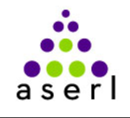
CAST: The Center for Advanced Spatial Technologies
The Center for Advanced Spatial Technologies (CAST) is a multidisciplinary unit of Fulbright College that focuses on research, education, outreach, and applications in geospatial analysis and modeling. The Libraries have collaborated with CAST to host an annual GIS Day event. The Libraries partner with CAST on interactive websites such as Rohwer Revisted.

CRL: The Center for Research Libraries
The Center for Research Libraries is a centralized collection of scholarly research materials in all disciplines. CRL is an international not-for-profit consortium of colleges, universities and libraries that makes available scholarly research resources to users everywhere. CRL is governed by the major research libraries of North America and is funded by fees, grants and contributions. Its outstanding collections include more than 3.5 million volumes of research materials rarely held in North American libraries. CRL offers large collections of foreign dissertations, newspapers, and microfilm sets. Because the University Libraries have membership in CRL, University of Arkansas students, faculty, and staff may borrow these collections through Interlibrary Loan. More about CRL
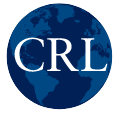
Community & Conflict: The Impact of the Civil War in the Ozarks
Community & Conflict: The Impact of the Civil War in the Ozarks, a project of Missouri Digital Heritage Initiative, features letters, journals, diaries, court cases, and other materials that explore how the war affected communities, families, and soldiers in the Ozarks.
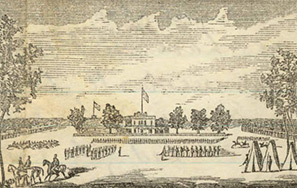
Crystal Bridges Museum of American Art
The university has collaborated with librarians and archivists from Crystal Bridges on digital exhibits related to apples and the Buffalo National River.
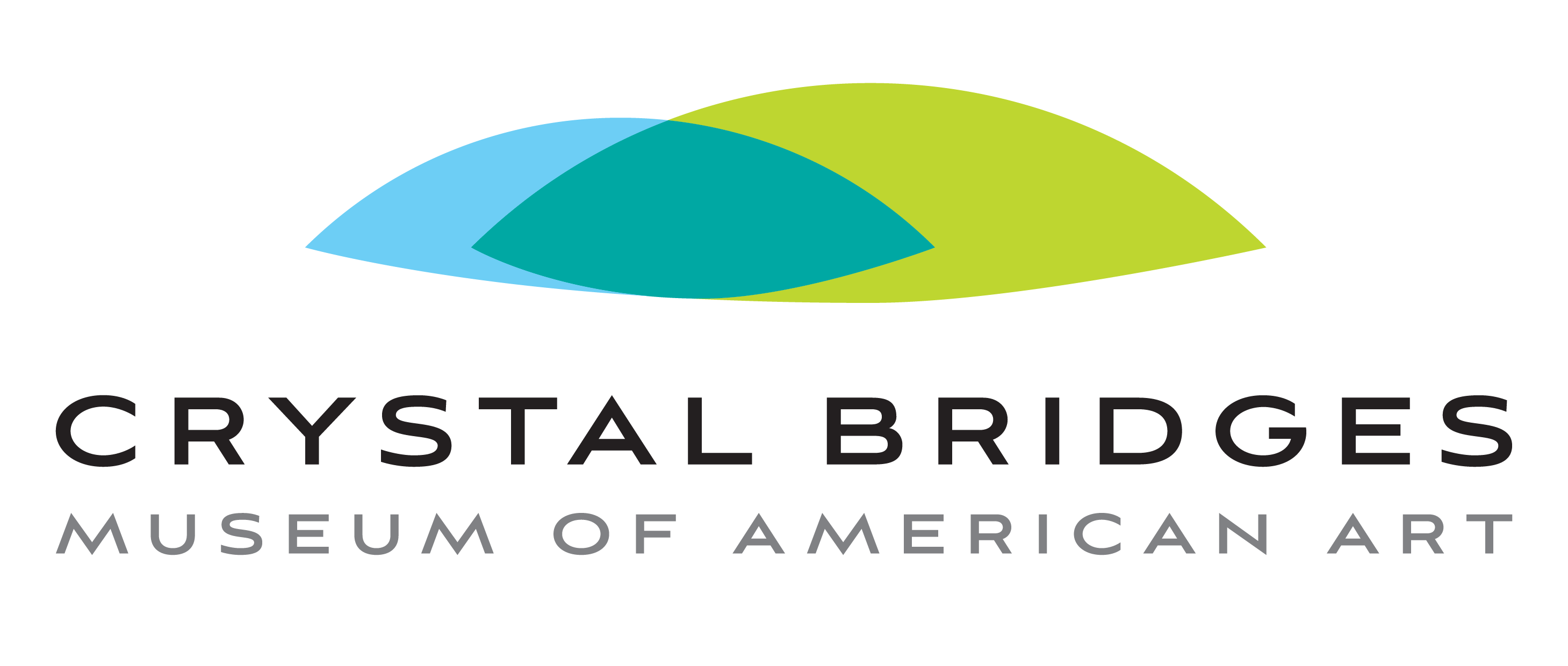
CUACRL: The Council of U of A College & Research Libraries
The mission of the Council of University of Arkansas College & Research Libraries (CUACRL) is to share, maintain, promote—and thereby expand—library resources and services offered to the students and faculty of the U of A institutions in order to advance learning, teaching, research, service, and creativity in the state.

ELUNA: Ex Libris Users of North America
ELUNA s the international user community for libraries in the Americas using software solutions from Ex Libris. ELUNA is the voice and advocate for institutions of all sizes and types of libraries, including academic, public, government and corporate entities, as well as library consortia.

GWLA: Greater Western Library Alliance
The Greater Western Library Alliance (GWLA) is a consortium of research libraries sharing common interests in programs related to scholarly communication, interlibrary loan, shared electronic resources, cooperative collection development, digital libraries, staff development and continuing education.
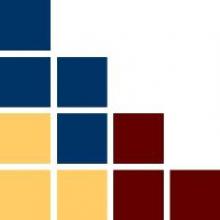
HathiTrust
The HathiTrust Digital Library is a non-profit global collaborative of more than 200 research and academic libraries with a mission of ensuring that the cultural record is preserved and accessible in the future. The U of A campus will benefit from an increase in digital resources as well as enhanced accessibility.

Knowledge Unlatched
Knowledge Unlatched makes scholarly content freely available to all with the support of partner libraries such as the University of Arkansas.

Library Publishing Coalition
The LPC is an independent, community-led membership association of academic and research libraries and library consortia engaged in scholarly publishing.
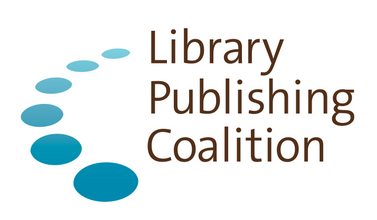
National Network of Libraries of Medicine (NNLM)
The National Network of Libraries of Medicine (NNLM) advances the progress of medicine and improve the public health by providing all U.S. health professionals with equal access to biomedical information and improving the public's access to information to enable them to make informed decisions about their health. As an NNLM member, the University Libraries have access to training and educational opportunities as well as partnership efforts with other member libraries.
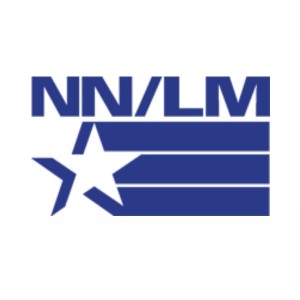
Open Education Network
The Open Education Network is an alliance of higher education institutions, systems and consortia engaged in making education affordable by supporting the creation and reuse of textbooks and other instructional materials. OEN supports the Open Textbook Library, a comprehensive resource for openly-licensed academic textbooks.

Reveal Digital
Reveal Digital, now hosted on the JSTOR platform, collaborates with libraries and archives to make rare and diverse primary sources available online. The Libraries contributed our Bad Times digital archive to the Reveal Digital Independent Voices collection.

SCOAP
SCOAP3, is a consortium that supports the publication of Open Access articles in high-quality peer-reviewed journals in the field of high-energy physics. Articles are Open Access at no cost for any author, authors retain copyright, and licensing practices enable wide availability and re-use of the information.

SPARC
SPARC (the Scholarly Publishing and Academic Resources Coalition) is a global advocacy organization working to make research and education open and equitable by design for everyone. SPARC sponsors collaborative open access projects, including open textbooks.

Teaching and Faculty Support Center
The Wally Cordes Teaching and Faculty Support Center (TFSC) at the University of Arkansas was established in 1992 to assist the faculty with their scholarship of teaching and to act as a resource center for new teaching techniques and programs. Library faculty participate in TFSC workshops and initiatives, including Teaching Camp and efforts to encourage academic honesty.
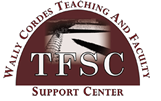
USAIN
USAIN, the United States Agricultural Information Network, is a member-focused organization that connects librarians and other information professionals working in agriculture. Fayetteville will be hosting the 2022 USAIN conference.
